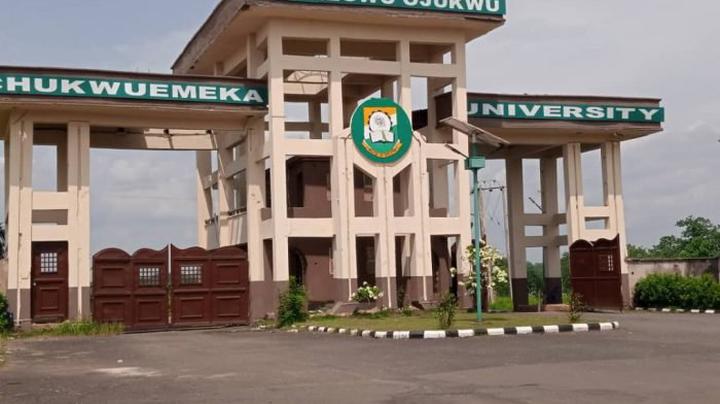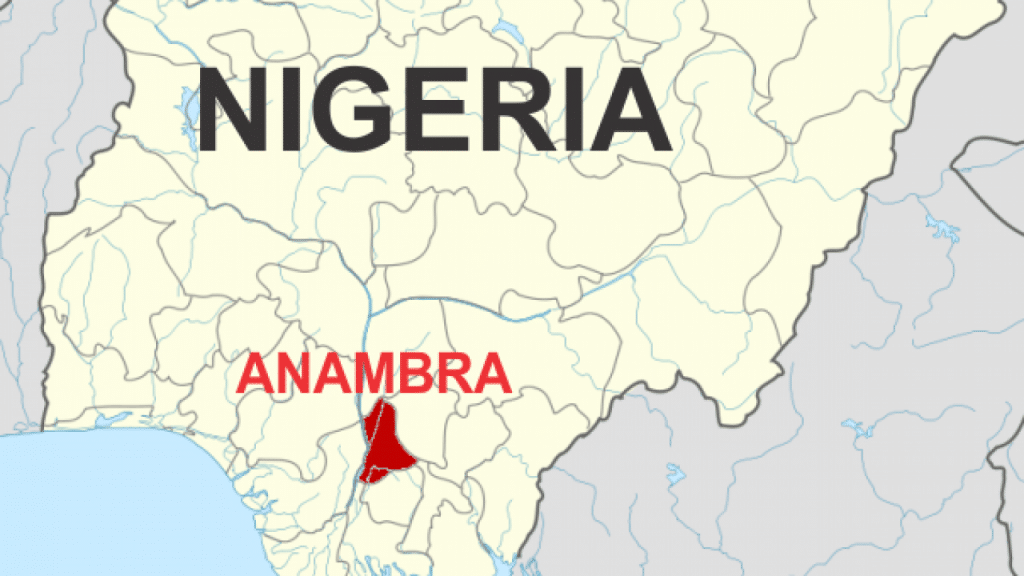By Azuka Okoli, PhD
In my previous two articles on this matter, I expressed concern that the procedure adopted by the Chairman of the Governing Council, Professor Chidi Anselm Odinkalu, in the ongoing selection process for the Vice Chancellorship of Chukwuemeka Odumegwu Ojukwu University (COOU), “leaves more to be desired.” I argued that it is both irregular and disconcerting for Professor Odinkalu to invite applications from interested candidates without stipulating clear benchmarks or selection criteria.
A Vice Chancellor’s application, by academic and administrative standards, is expected to reflect certain minimum thresholds,such as years of experience as a professor, a proven track record in research and academic output, prior leadership roles, measurable contributions to institutional development, capacity to attract funding and partnerships, and evidence of global academic relevance. These are not arbitrary requirements; they constitute the essential metrics by which a serious candidate is assessed. Yet, Professor Odinkalu appears to have deliberately sidestepped these fundamentals, leaving behind a trail of ambiguity, speculation, and concern.

To contextualize the gravity of this deviation, consider the University of Nigeria, Nsukka (UNN) my alma mater and also that of Governor Chukwuma Charles Soludo. In contrast, Professor Odinkalu studied at Imo State University. At UNN, the recent appointment of Professor Uchenna Ortuanya an accomplished academic and former Commissioner for Education in Enugu State as Vice Chancellor followed a transparent and merit-based process rooted in rigorous standards.
A Vice Chancellor must command not just academic respect, but also a high degree of social capital ,the capacity to engage productively with diverse stakeholders, attract resources, and influence the broader society.
These expectations are certainly not lost on Governor Soludo, as evidenced by his appointment of Professor Kate Omenugha as Acting Vice Chancellor of COOU. Against this backdrop, it is deeply troubling that media reports likely influenced or sponsored by Odinkalu claim he “tutored” the governor on the principles of merit-based VC selection. Such claims are not only presumptuous but also dismissive of the governor’s intellect, autonomy, and track record of institutional governance.
Indeed, it is difficult to reconcile Odinkalu’s claims of “merit” with a process that lacked transparent standards and evaluative guidelines. On what basis was “merit” assessed, when the criteria were neither published nor communicated to the public? This contradiction raises serious questions about the integrity and intentions behind the process a process that now bears the markings of manipulation rather than meritocracy.
To confirm these fears, one only needs to examine the curious case of the “score sheet” from the COOU Vice Chancellorship interview—chaired by Professor Odinkalu which has somehow made its way into the public domain. Who leaked this document, and for what purpose? It is a document that should be under strict confidentiality, accessible only to the selection committee. Its sudden public circulation suggests an orchestrated attempt to apply pressure or even blackmail the governor perhaps in a bid to steer the final decision toward a preferred outcome.
This tactic is not only unethical but insulting. It suggests that Professor Odinkalu considers himself more competent than the very governor who appointed him an untenable posture in any democratic or academic setting. If, as it appears, he is seeking to impose his will on the process and undermine the governor’s prerogative, then this is not just a procedural misstep but a brazen act of institutional subversion.
How were the candidates scored when no evaluation framework was made public? Who determined the weight of each component? What qualifies Odinkalu who, by his own conduct, appears to be driven by politics more than policy to sit in judgment over others in such a consequential process?
Governor Soludo, who has consistently championed reform and merit in public service, would do well to discreetly investigate these irregularities. A compromised process will not only hurt the university but also cast a long shadow over his administration’s credibility.
The integrity of the COOU Vice Chancellorship process and by extension, the credibility of Anambra State’s education sector is at stake. Professor Odinkalu owes the public, the university community, and most importantly, the governor, a clear and honest explanation.






